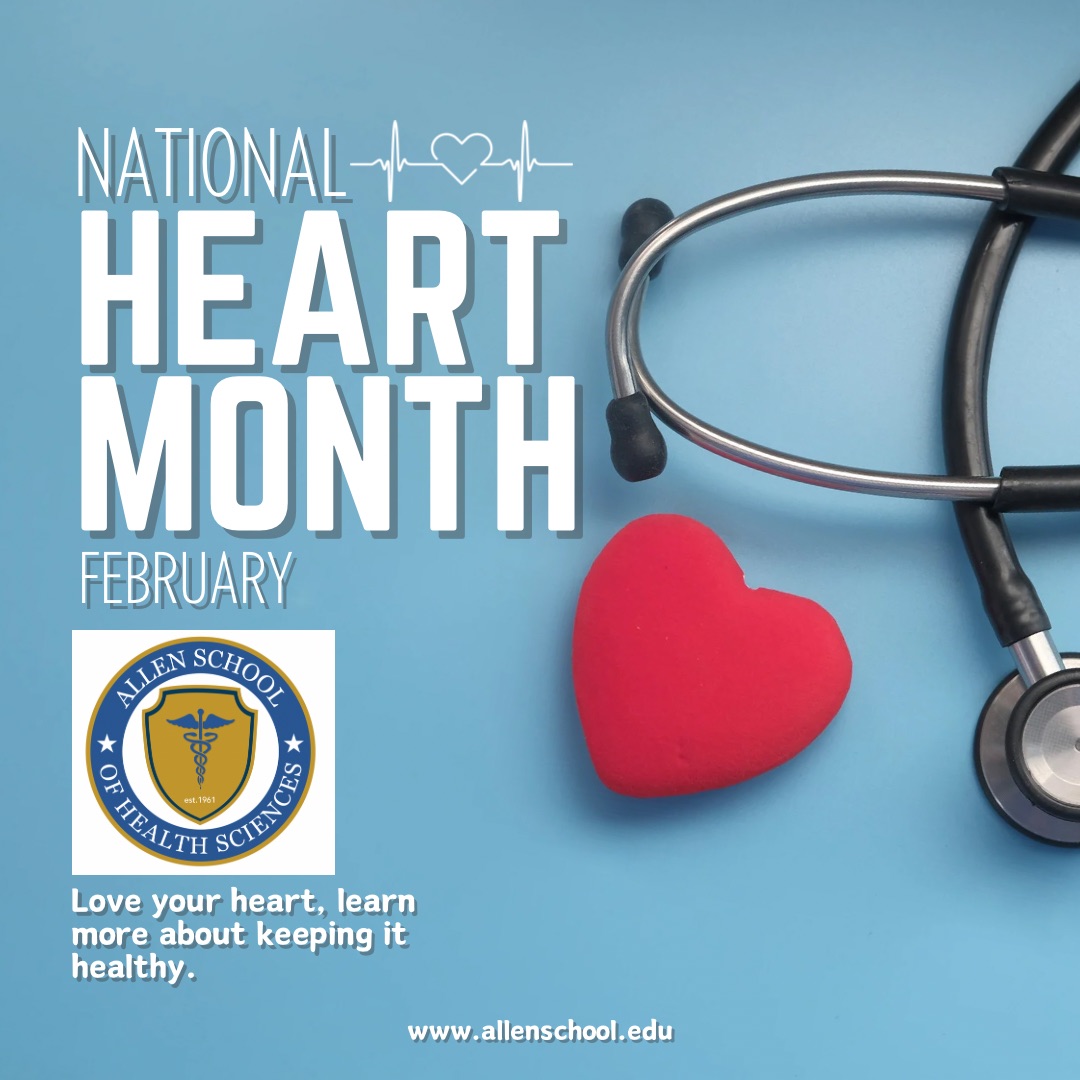
February is recognized as American Heart Month, a time dedicated to raising awareness about heart disease and promoting heart health. As frontline healthcare providers, medical assistants (MAs) play a crucial role in educating patients about cardiovascular health, helping them understand risk factors, preventive measures, and the importance of maintaining a healthy lifestyle. Here are some useful tips for MAs to effectively educate patients about heart health.
Understanding the Basics of Cardiovascular Health:
Familiarize yourself with common cardiovascular diseases (CVD) such as coronary artery disease, heart attack, and stroke. Understand key risk factors, including high blood pressure, high cholesterol, smoking, diabetes, obesity, and physical inactivity.
Use Clear and Simple Language:
When discussing heart health, use simple terms to explain complex medical concepts. Avoid jargon and ensure that patients fully understand their risk factors and the implications for their health.
Promote Regular Screenings:
Encourage patients to schedule regular check-ups to monitor their blood pressure, cholesterol levels, and other relevant health indicators. Explain how early detection can lead to better outcomes.
Educating on Lifestyle Modifications:
Discuss the importance of a heart-healthy lifestyle. Key components include:
Nutrition: Share tips on adopting a healthy diet, emphasizing fruits, vegetables, whole grains, lean proteins, and healthy fats. Consider providing handouts or resources featuring heart-healthy recipes.
Physical Activity: Encourage at least 150 minutes of moderate aerobic exercise per week. Discuss several types of exercise suitable for different patients, keeping in mind their preferences and limitations.
Weight Management: Offer advice on maintaining a healthy weight, including caloric intake and exercise.
Address Smoking Cessation:
Highlight the dangers of smoking and the benefits of quitting. Provide resources or refer patients to smoking cessation programs and support groups.
Discuss Stress Management:
Educate patients about the impact of stress on heart health. Suggest stress-reducing techniques such as mindfulness, yoga, meditation, and regular physical activity.
Encourage Family Involvement:
Discuss the importance of family support in making lifestyle changes. Encourage patients to involve family members in their heart health journey, whether through shared meals or group exercise activities.
Stay Informed and Update Knowledge:
Keep yourself updated on the latest guidelines and recommendations related to cardiovascular health. Attend workshops, read relevant literature, and participate in continuing education programs to enhance your knowledge.
Follow Up and Provide Ongoing Support:
Establish a system for following up with patients about their heart health goals. Offer encouragement, check on their progress, and provide additional resources as needed.
As medical assistants, your role in educating patients about cardiovascular health is vital, especially during American Heart Month. By providing information on risk factors, lifestyle changes, and the importance of regular screenings, you can empower patients to take charge of their heart health. Building trust and rapport with patients will enhance your ability to communicate effectively and support them on their journey toward better cardiovascular health. Together, you can work towards reducing the burden of heart disease and promoting a healthier community. The Allen School of Health Sciences offers a hybrid medical assistant program that combines an on-line interactive experience with hands-on learning in a clinical classroom. To learn more, contact the Allen School of Health Sciences Today!
